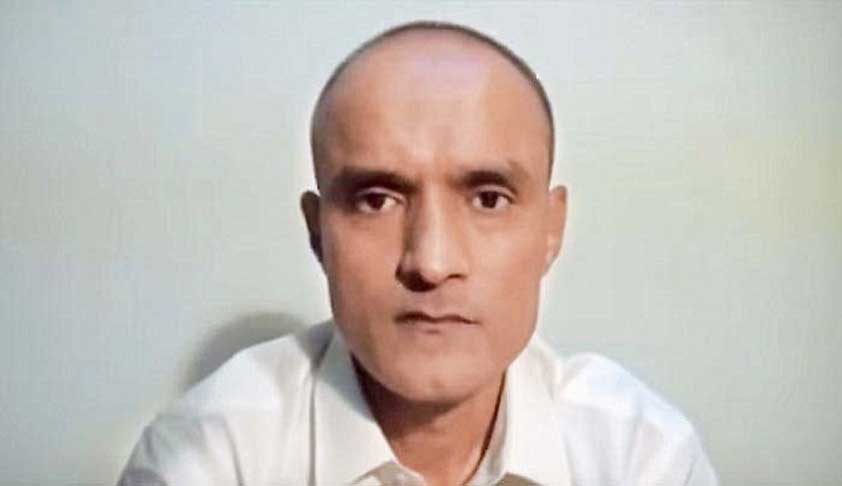ICJ To Hold Public Hearings In Kulbhushan Jadhav Case From February 18 to 21
Apoorva Mandhani
4 Oct 2018 9:31 AM IST

Next Story
4 Oct 2018 9:31 AM IST
The International Court of Justice (ICJ) is set to hold public hearings from February 18 to February 21 in the case concerning the execution of former Indian Navy Officer Kulbhushan Jadhav, who was sentenced to death by a Pakistani Military Court on espionage charges.The first round of oral arguments will take place on February 18, when India will argue from 10 am to 1 pm. Pakistan will put...
